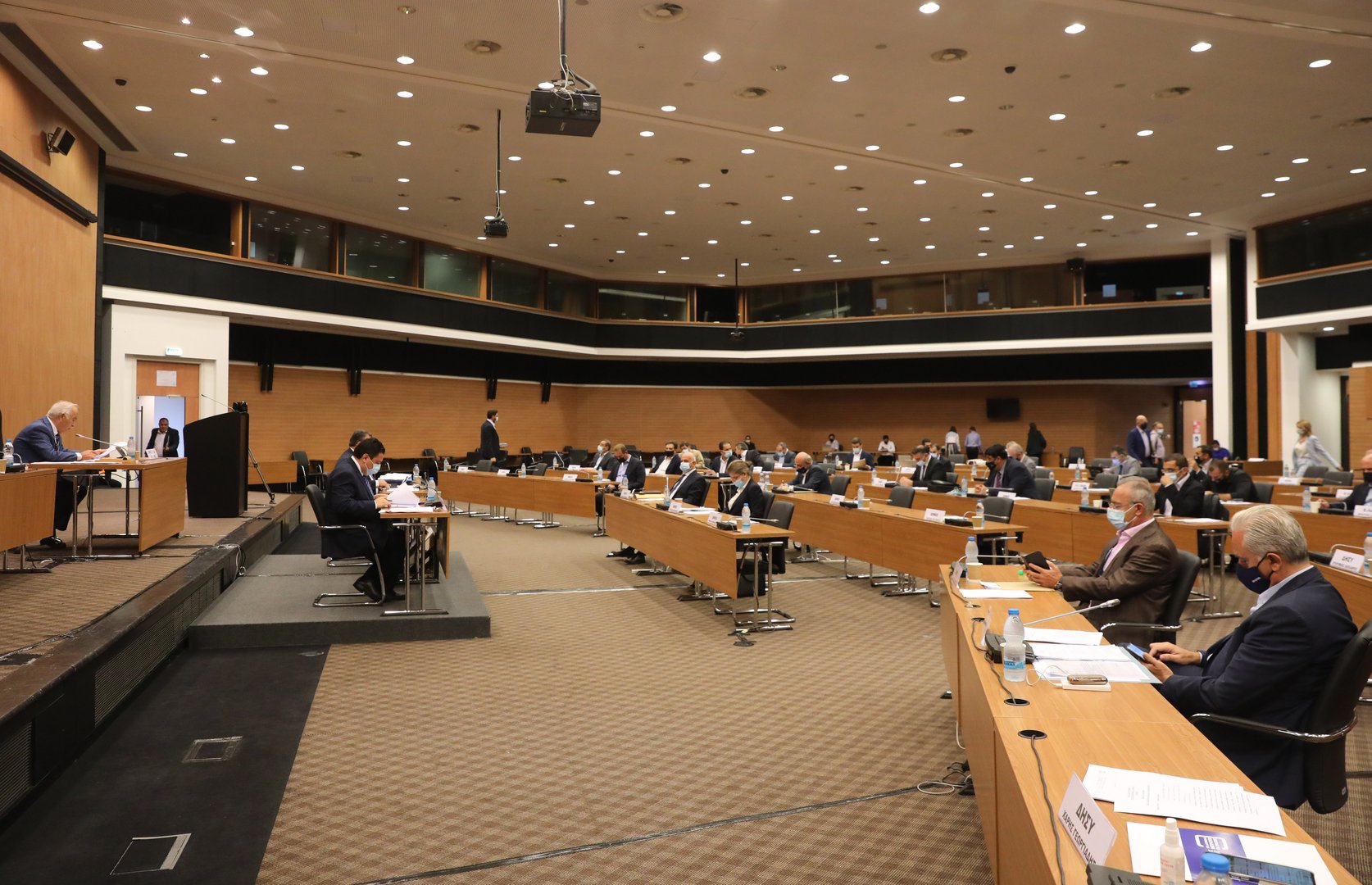The House plenum on Thursday voted for the postponement of local government elections as part of the sector’s reform.
The elections were to have taken place in December.
Postponement of the elections means that existing municipal and community councils will continue serving their terms until the implementation of the local government reform. The schedule set before the European Commission for the implementation of the local self-government reform is May 2024.
Earlier, the cabinet had approved three bills extending the current terms of elected local officials. The bills were fast-tracked to parliament.
Speaking after the vote, chairman of the House interior affairs committee Aristos Damianou said the committee has pledged to bring separate legislation overhauling local government to the floor of the plenum by the end of November at the latest, and certainly before discussion of the 2022 state budget gets underway.
That would give the transition to the new system just under two-and-half years until the next local government ballot – scheduled for May 2024 and coinciding with the European Parliament election that year.
Under the mooted reforms, municipalities would be granted the administration of state facilities such as nurseries, nursing homes, etc, as well as powers relating to public transport that can act as supplementary to the current system.
The reform provides for sweeping changes in local authority operation, including cutting the number of municipalities from 30 to 17 and fusing hundreds of communities.
The stated aim of the reform drive is to achieve economies of scale and lower the cost of services.
But several key issues have emerged throughout the process, such as some municipalities not wishing to merge and instead proposing their own plans.
Parties ostensibly support the reform, billing it as necessary, but they disagree on how to roll it out, threatening to scupper the entire project.
“Today marks the start of one of the largest reforms which this country needs,” President Nicos Anastasiades tweeted after the vote.
And Interior Minister Nicos Nouris – whose portfolio includes local government – told reporters:
“After 10 years of discussions and intense deliberations between the parliamentary parties and the government, I think that today is an extremely important day.”
He added: “We are all looking at the big picture.”
Nouris explained that extending the terms of currently serving officials was necessary. Had local administration elections taken place normally in December, the elected officials would have stayed in office until 2026, “which would have essentially canceled the reform.”
Moreover, it would have resulted in the government breaching its pledge to the European Commission to implement the reform by May 2024 – in exchange for which Cyprus stands to receive funds from the EU’s Recovery and Resilience Facility.
The vote was preceded by a lively debate – main opposition party Akel took offence when nationalists Elam complained that the suspension of December’s elections undermined democracy.
Akel MP Giorgos Loukaides called it “outrageous” that “Elam…the cheerleaders of Hitler, should pretend to give lessons in democracy.”
To qualify for disbursements from the Recovery and Resilience Facility, Cyprus must by the end of 2021 pass reform legislation in three areas – one being local government. The other two are public administration reform and justice.
It’s understood that should Cyprus failed to delver in any one area of the plan by the designated timeframe, it could risk losing financing for other areas as well.







Click here to change your cookie preferences